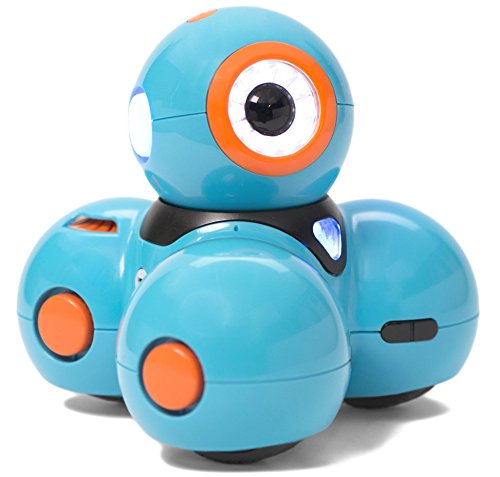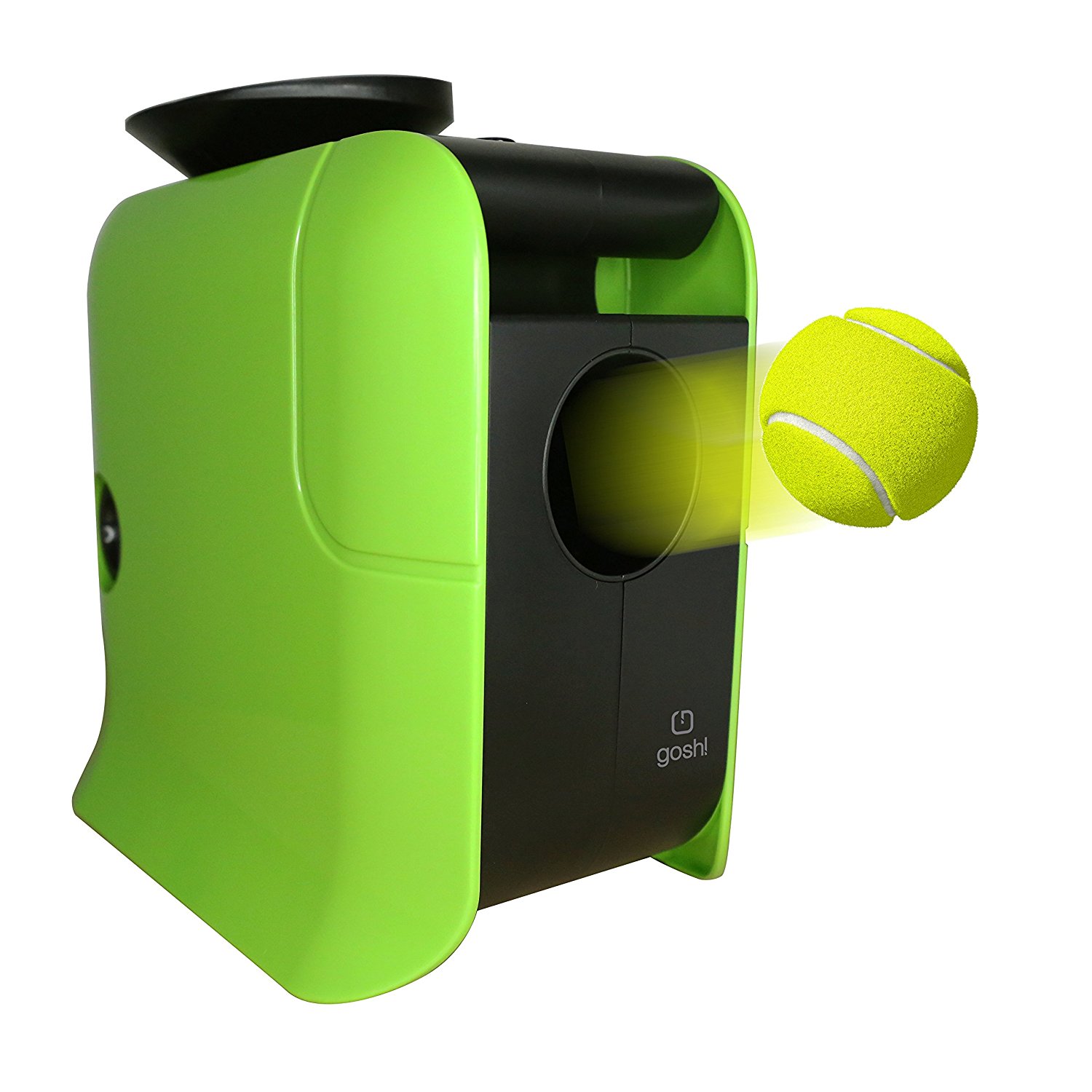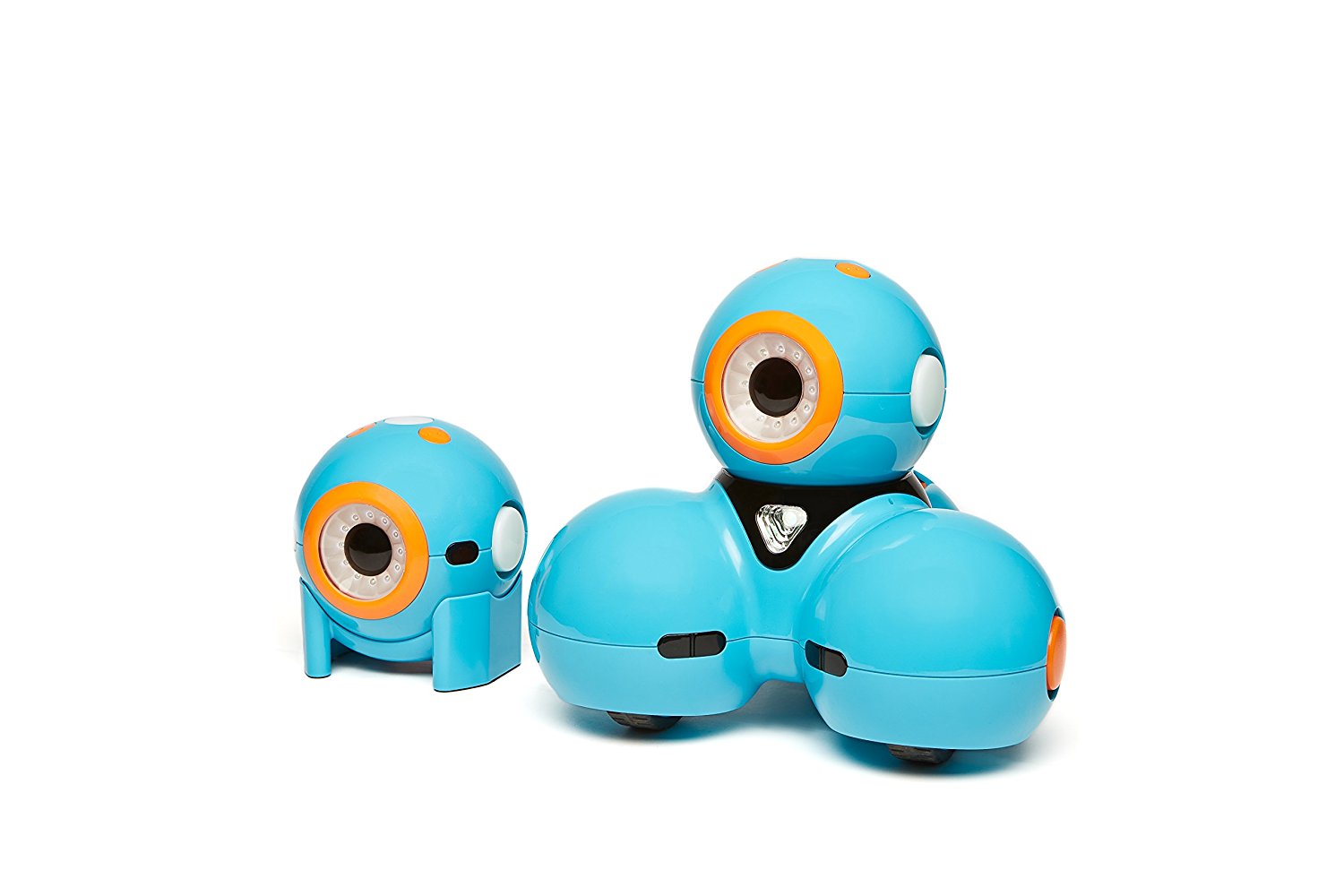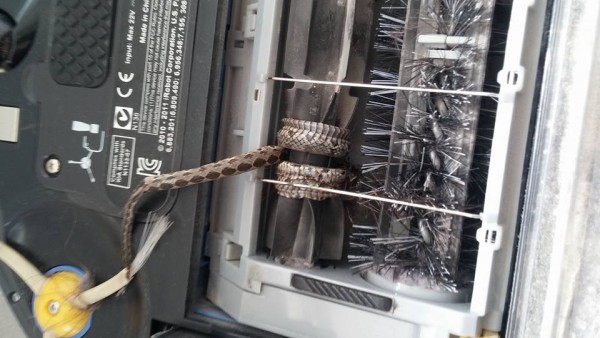The latest version of Google’s humanoid robot no longer draws its power through a cord. Now that it is able to run on battery power alone, ATLAS will be able to compete in the DARPA Robotics Challenge (DRC) finals.
Having no strings attached was actually one of the requirements to qualify in the finals of the challenge, so there really was no alternative to this. First developed by Boston Dynamics in 2013 and now a property of Google, following the acquisition, the ATLAS humanoid robot has gone through many upgrades in the recent past, all to make it compliant with the DRC prerequisites.
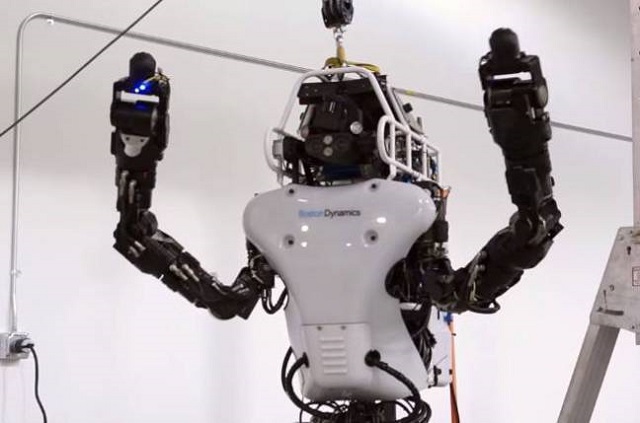
“The introduction of a battery and variable-pressure pump into Atlas poses a strategic challenge for teams,” stated Gill Pratt, program manager for the DRC. “The operator will be able to run the robot on a mid-pressure setting for most operations to save power, and then apply bursts of maximum pressure when additional force is needed. The teams are going to have to game out the right balance of force and battery life to complete the course.”
Standing 1.88m tall and weighing 165 kg, ATLAS might look like a lean, mean, killing machine, especially since it also knows karate moves now, but you’d have to wait some more for the robot apocalypse (or is it termination in this context?) to happen. The onboard 3.7-kilowatt-hour lithium-ion battery pack only supplies the robot with enough power for it to walk or use various tools up to one hour.
“Risk mitigation is part of the game,” mentioned Pratt. “It’s up to the teams to decide what chances they’re willing to take during training and risk falls and damage, but come the DRC Finals, the cords are cut.”
We’ll have to wait until June 5 to see how ATLAS and the other robots (six of which are based on the same platform) will perform. That’s when the DRC finals are taking place, but I’m almost certain this is not the last time we hear about this humanoid robot till then. The roboticists that are working on it will surely fined new things to add and new technologies to implement, to make certain the victory is theirs. I can’t imagine Google not winning this challenge, but that doesn’t mean there’s no room for surprises.
Be social! Follow Walyou on Facebook and Twitter, and read more related stories about the karate moves ATLAS learned for the DARPA challenge, or Harvard’s wearable robot that got $2.9m in funding from DARPA.


